Traveling is a chance to relax, explore and experience new things. However, more and more tourists are falling victim to sophisticated scams, turning their dream trips into sad memories.
Not only causing financial losses, scams also hurt the spirit and lose the trust of travelers. In the context of management agencies trying to clean up cyberspace, eliminate fake accounts, and strictly handle fraudulent behavior, each consumer needs to proactively equip themselves with knowledge and skills to become a "smart" tourist.
Common scams
In May 2025, Lang Son Provincial Police discovered and dismantled a fraud ring with a scenario of booking cheap resort rooms with high discounts to attract people to deposit and then embezzle the money.
Having experience from working for fraudulent companies in Cambodia in 2024, these subjects created fake Facebook fanpages, similar to company pages, tourist destinations and ran massive advertisements on social networks to attract people in need.
When someone interacts or comments, the subject will proactively send private messages, send pictures of tourist areas and offer prices cheaper than the market and entice customers to "close the deal" and transfer money. In just 15 days, this line has defrauded about 80 victims with a total amount of over 250 million VND.
This is just one of many scams involving tourism. Common tricks include advertising surprisingly cheap tours, with “unique” promotions to entice customers to deposit or pay in full in advance. After receiving the money, the scammers can cancel the tour, change the service, or disappear without a trace. Many “ghost hotels” have been created on fake booking platforms, causing tourists to lose money without receiving any services.
Fraudsters take advantage of customers’ gullibility to create fake websites and fanpages of reputable tourism service businesses, using tricks of discounts, fake promotions and enticing customers to transfer deposits in advance to appropriate money. This not only negatively affects the image of the tourism industry but also causes public outrage.
Ms. Dao Thi Kim Lan (Royal Tour representative) shared that there are many websites, Facebook accounts... on the internet that take advantage of tourism information to commit fraud. The psychology of wanting cheap prices and lack of experience in verifying information are necessary and sufficient conditions for tourists to fall into fraud traps.
According to expert Vu Ngoc Son (National Cyber Security Association), the common point of scams related to booking tours and cheap airline tickets is that the scammers thoroughly exploit the psychology of users who love deals. The subjects do not need to use complex cyber attack techniques, but mainly exploit the common psychology that everyone wants cheap tickets, nice hotel rooms, good service during peak season. From there, they create attractive scenarios through fanpages, websites, using fake images and information, causing users to gradually "voluntarily" fall into the trap.

In fact, even those who have traveled many times and have experience booking tours online can still be easily fooled by "unbelievable but still believable" promotions. It is worth mentioning that even Facebook pages with blue ticks - which are considered a sign of the page's reputation - can be fake. Because, the subjects can buy real blue tick fanpages, then change the name to the name of reputable travel businesses to deceive users. This is a big loophole in social network management that many users are not fully aware of.
Another popular scam is sending fake links via platforms such as Zalo, TikTok, Telegram... with attractive promotional information. When users click on these links, spyware can be installed on the device, allowing the scammer to remotely control and withdraw money directly from the bank account.
Skills to avoid scam traps
As a tourist who had an unpleasant experience booking a tour online, Ms. Kieu Lien ( Thanh Hoa ) shared: "After many exchanges, including messages, sending photos, and even calling directly, I trusted and booked a Da Lat tour via Facebook at a cheaper price than many other places. But after transferring the deposit, I could not contact the Facebook account and discovered that I had lost money due to booking a virtual tour. This caused my trip to be canceled, along with the fear of being scammed every time I searched for travel information online."
To protect yourself from these sophisticated tricks, tourists need to be aware of some important notes. First of all, learn carefully about the travel company and tour, choose reputable units with good reviews on websites such as TripAdvisor, Google Reviews or consult with acquaintances.
Before the service is clearly confirmed, customers should not pay 100%, transfer money to personal accounts, instead should pay a part and request a contract or detailed confirmation documents; carefully check hotel and service information through reputable booking websites, carefully read reviews and real photos from users, choose to verify information through many channels and do not rush to decide to transfer money just to get an attractive price.
Faced with the increasing number of seasonal tourist scams, the Vietnam National Administration of Tourism has requested local tourism departments, culture, sports and tourism departments to proactively carry out propaganda activities to raise awareness among businesses and people about new forms and tricks of fraud; strengthen inspection and examination work to promptly detect and handle violations. The review and prevention of fake websites and fanpages and strict handling of scammers are also emphasized.
Tourism service businesses should raise their sense of responsibility in protecting customers, regularly detect and coordinate the handling of fake social networking sites, not spread false information and strengthen security measures to avoid being impersonated.
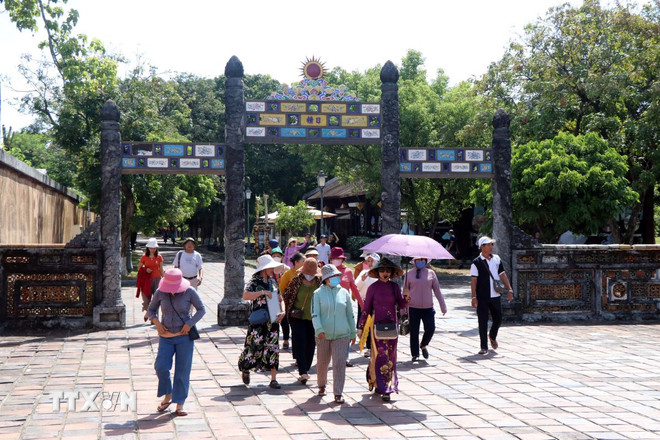
The Department also recommends that tourists carefully research information about tourism service providers before booking and paying, and should only book services on official websites and fanpages provided by tourism management agencies or through reputable service booking platforms.
Tourism fraud is a problem that has been widely warned by authorities to protect the rights and safety of consumers. However, in addition to the efforts of managers, each tourist needs to proactively raise their vigilance and equip themselves with knowledge and skills to identify risks.
In the digital age, when information spreads quickly and is easily exploited, consumer alertness is the most effective "shield" against sophisticated scams. Be a smart consumer, so that every trip is a memorable experience, not a lesson in "losing money, losing trust"./.
Source: https://www.vietnamplus.vn/lam-the-nao-de-khach-du-lich-tranh-cac-chieu-tro-lua-dao-tinh-vi-post1045810.vnp



![[Photo] General Secretary To Lam works with the Standing Committee of Quang Binh and Quang Tri Provincial Party Committees](https://vphoto.vietnam.vn/thumb/1200x675/vietnam/resource/IMAGE/2025/6/25/6acdc70e139d44beaef4133fefbe2c7f)









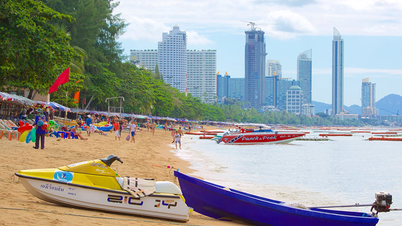
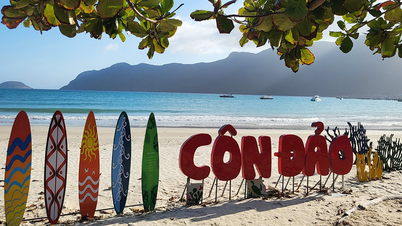
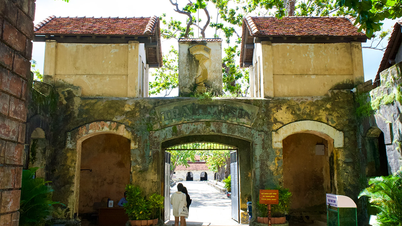





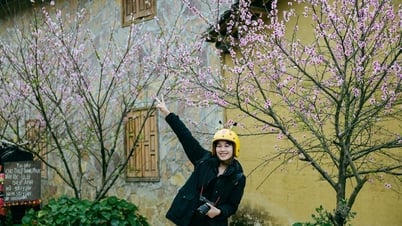


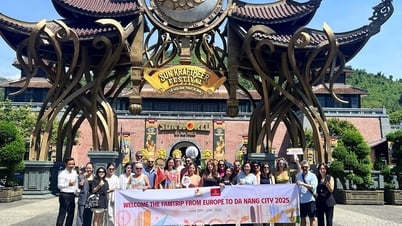



















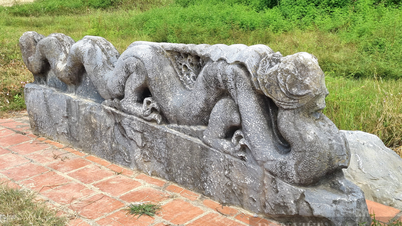


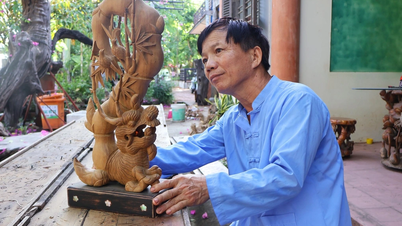


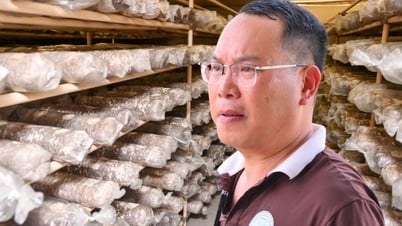



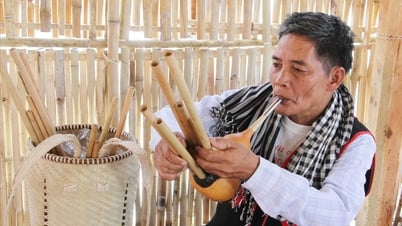










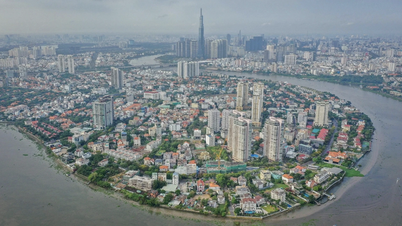























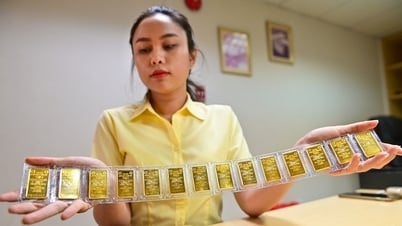


















Comment (0)